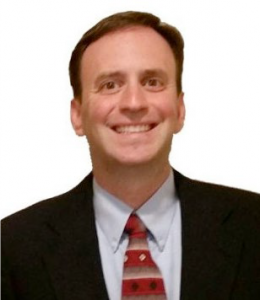Creating Safe Spaces – The Ethics of Competent Clinical Practice with our LGBTQ+ Clients with Michael Thull, LCSW
Where: Northwest Area Health Education Center ,Deacon Tower Learning Center 475 Deacon Blvd., Winston-Salem, NC 27105
When: April 4, 2018, Wednesday, 10 am – 12 pm
Continuing Education: 2 hours
Fees: $25.00 per CLS Workshop; Workshops are free of charge to current students, faculty, staff, and field instructors of UNC-CHSchool of Social Work (discount taken during online registration)
*NOTE: This program may be counted towards ethics requirements for license renewal*
Description:
Members of the LGBTQ+ (Lesbian, Gay, Bisexual, Transgender, Queer/Questioning) community are at increased risk for mental health concerns, substance use, and youth homelessness. For helping professionals to competently serve LGBTQ+ clients, they must understand the language of identity, the cultural uniqueness of the LGBTQ+ community, and the impact of heterosexism. This interactive workshop strives to explore the ethical principles that guide competent work with marginalized populations, foster a better understanding of issues facing LGBTQ+ clients, and provide participants with specific tools that can be utilized to create safe, supportive, and affirming therapeutic relationships with their LGBTQ+ clients.
Bio:
 Michael Thull, LCSW is an Assistant Professor in the Department of Social Work at the University of North Carolina at Greensboro where he also serves as BSW field director. He holds an additional faculty appointment at NC A&T State University where he teaches clinical courses in the Joint Master of Social Work Program. Mike maintains a private practice in Winston-Salem where he provides clinical supervision, licensing exam tutoring, and psychotherapy. Prior to entering private practice, his clinical experience included emergency medical social work, inpatient behavioral health, and crisis intervention.
Michael Thull, LCSW is an Assistant Professor in the Department of Social Work at the University of North Carolina at Greensboro where he also serves as BSW field director. He holds an additional faculty appointment at NC A&T State University where he teaches clinical courses in the Joint Master of Social Work Program. Mike maintains a private practice in Winston-Salem where he provides clinical supervision, licensing exam tutoring, and psychotherapy. Prior to entering private practice, his clinical experience included emergency medical social work, inpatient behavioral health, and crisis intervention.
Learning Objectives:
At the completion of this workshop, participants will be able to:
- Explain the ethical principles of clinical competence related to working with marginalized populations.
- Understand the language of gender identity and sexual orientation.
- Describe the demographics and culture of the LGBTQ+ community.
- Discuss the impact of coming out, mental health, and substance use on the LGBTQ+ community.
- Identify ways in which helping professionals can create an affirming clinical environment and provide advocacy for the LGBTQ+ community.